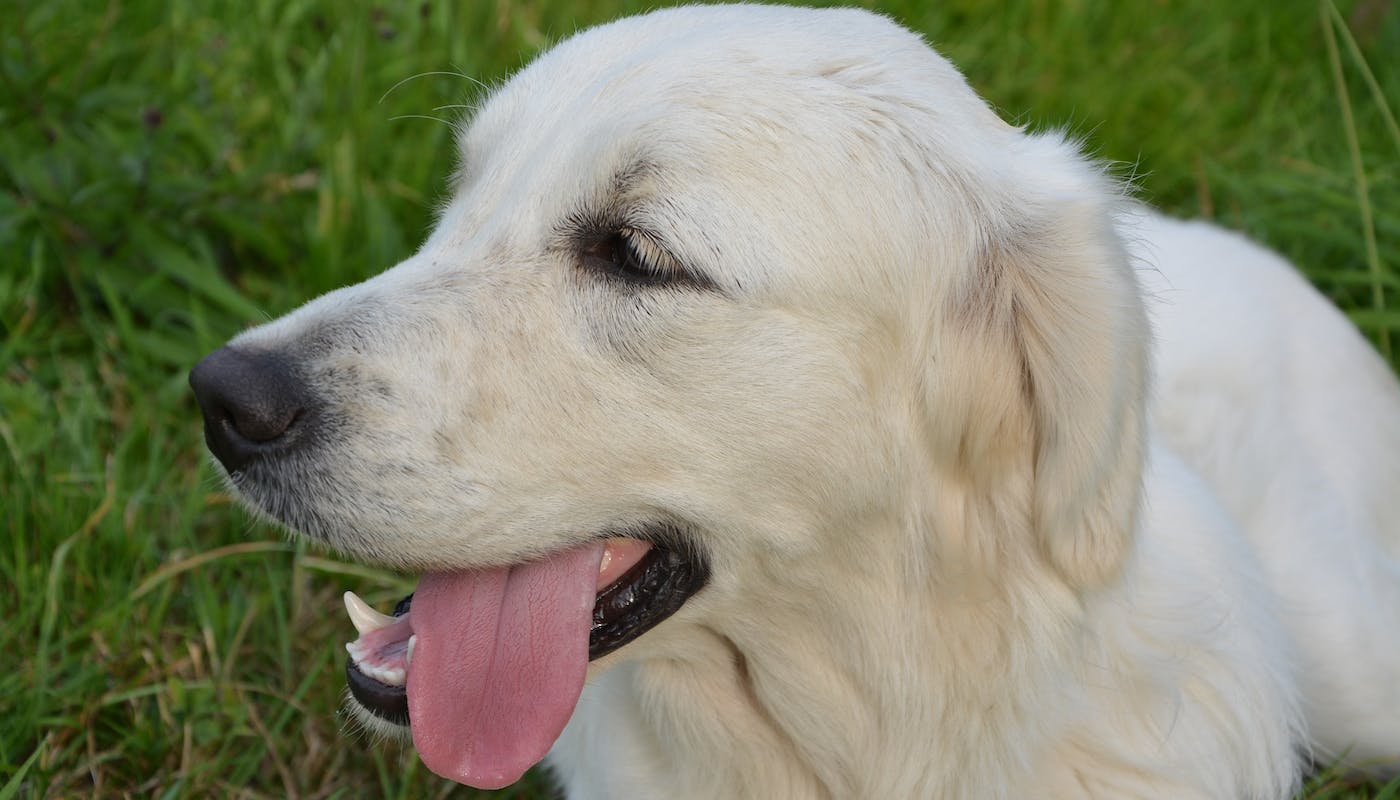Why Does My Dog’s Breath Smell Like Fish?
There are lots of things we love about our dogs, their adorable faces, cheeky personality and their unconditional love to name a few. But let’s be honest, they can be smelly little furballs sometimes. Whether they’ve rolled in something they shouldn’t have or eaten something they shouldn’t have, it doesn’t take much to make them pong! One of the more common (and not so nice) smells that can come from our canine companions is fish! So if you’ve noticed a new fish smell coming from your dog, don’t panic, here’s some likely causes and what to do about them.
Oh, you might not want to read this article if you’re eating!
What Causes Fishy Breath in Dogs?
If you thought the title was gross, it’s about to get worse. A fishy kind of smell can come from several different places on your dog, and none of them is pleasant. It may seem to come from their mouth, but it could be originating from:
- Your dog’s anal sacs. When frightened or disturbed, your dog emits a fluid which contains scent. It’s a natural marker which also comes out with feces and identifies your dog to others. But it has a distinctly fishy odor. (How does this scent appear to come from your dog’s tongue? We’ll leave you to follow that trail…)
- Your dog’s urinary tract. In female dogs especially, a urinary infection can cause a new smell. It’s caused by imbalance of yeast or bacteria and should be checked out by your vet. (There can also be more serious issues with the bladder or kidneys, so it’s a sign to get tests done.)
- Your dog’s mouth. You could be right – that smells coming straight from the oral cavity. Inside the mouth, an infection, abscess, or gingivitis can cause a strange, fishy smell. It’ll also smell bad if your dog has eaten something they shouldn’t or has a digestive problem. If it’s an occasional issue, it might not be serious. But it’s sensible to monitor your dog’s breath and, if the smell is consistent, talk to your vet.
Does Fishy Breath Warrant a Trip to the Vet?
Not always – remain a vigilant owner and watch to see if your dog has additional symptoms. Here are some cases which can begin with strange, fishy breath:
- Dental infection. If there is tooth decay, you’ll notice a persistent smell and your dog may be reluctant or slow to eat.
- Digestive problems. You may also notice unusual feces, vomiting or loss of appetite.
- Urinary tract infections. Dogs with urinary tract infections may attempt to urinate more, whimper or strain. You may see blood in the wee. In female dogs, a yeast infection can cause discharge.
How to Prevent your Dog from having Fish Breath
Once your vet has ruled out the serious conditions, you’ll want to know how to prevent this unpleasant phenomenon. Even healthy dogs will sometimes get fish breath. Why? Because we’ve never met a dog who can resist a trash can! If they’ve eaten something stupid, they’ve given themselves an upset stomach and that giveaway fish breath. Here are suggestions to prevent and treat bad breath in dogs:
Double down on basic precautions in the kitchen: choose a bin that closes tightly and always keep your leftovers out of the dog’s reach. On walks, don’t let your dog pull you over to a tempting wrapper beneath a picnic bench or even something more gross/learn/dog-health/treating-coprophagia-in-your-dog. When it comes to eating stuff they shouldn’t, dogs are real pros. Vigilance is our best defense.
Dental care isn’t never the favorite part of dog ownership. We know it’s boring and the dog isn’t keen; that’s why an estimated 90% of owners don’t brush their dog’s teeth. But dental hygiene stands between your dog and a major dental operation. Plus it can prevent bad breath. So why not give it a try? Start small – it doesn’t have to be every day and it doesn’t have to be a long, painful session. Choose a canine toothpaste (human toothpaste can be toxic). Brush the teeth and gums gently/learn/dog-health/how-to-keep-your-dogs-teeth-and-gums-healthy and give your dog lots of praise. You can also add mouthwash or plaque powder to your dog’s water or food bowls. Now, enjoy their sweet-smelling breath – and long may it last!
